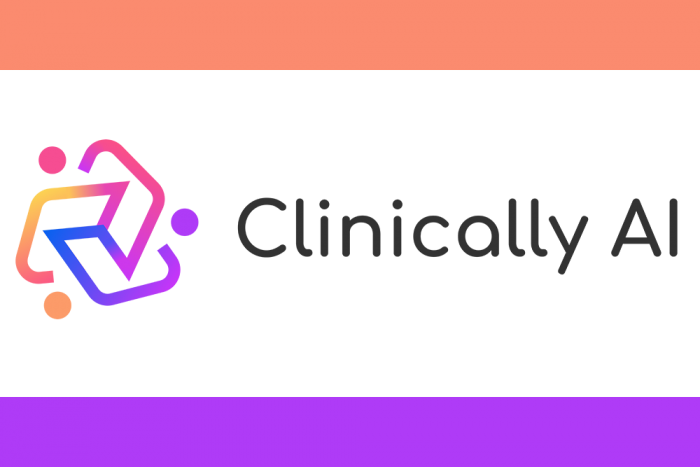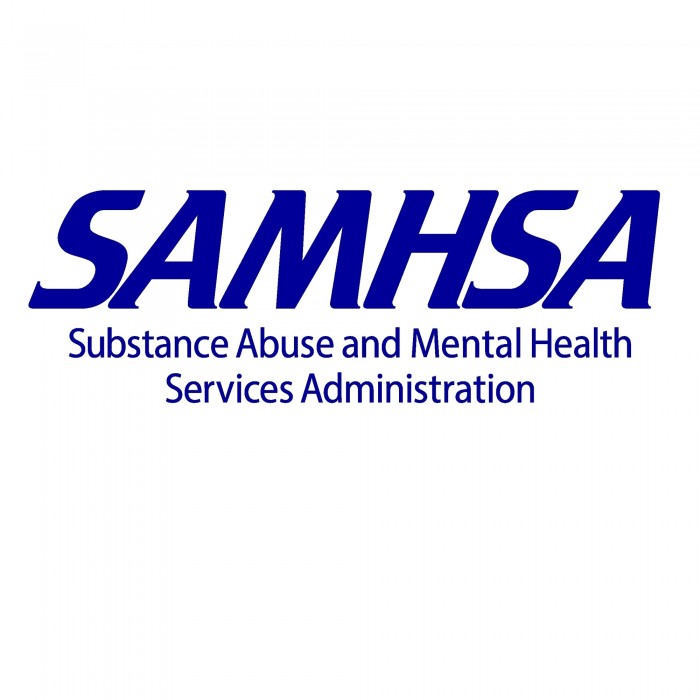RCPA Member Request: Sign Onto RCPA Letter and Reinforce the Urgency to End the Budget Impasse
OMHSAS October 2025 Stakeholder Webinar Registration Now Open

The Office of Mental Health and Substance Abuse Services (OMHSAS) will be holding their October 2025 Stakeholder Webinar on Thursday, October 23, from 3:00 pm – 4:00 pm. Visit here to register. After registering, you will receive a confirmation email containing information about joining the webinar.
For those that want to join via phone:
Call-in Number: (914) 614-3221
Access Code: 562-633-851
Please contact Emma Sharp with any questions.
National Council Proudly Supports World Mental Health Day
RCPA Partner Clinically AI to Host Webinar on Organizational AI in BH and IDD Oct. 29
Elevating Pennsylvania’s Providers: The Future of AI for Documentation & Compliance in BH and IDD
October 29, 2025
1:00 pm ET
Register Here
Pennsylvania’s behavioral health and IDD providers face increasing demands for accuracy, compliance, and efficiency — all while staff are overextended and burnout is rising. Traditional documentation tools are no longer enough.
This webinar, presented in partnership with RCPA, will showcase how Pennsylvania providers are embracing organizational AI to strengthen clinical documentation, improve compliance, and reduce administrative burden across every program and service line. Ross Young and Michelle Montowski of Clinically AI will showcase how their organization is supporting RCPA members through adoption cohorts, creating a statewide movement to elevate documentation quality, reduce risk exposure, and give staff back valuable time for care.
Participants will learn how to:
- Implement real-time compliance auditing that ensures documentation meets state, federal, and payer requirements.
- Use ChartAware AI to incorporate longitudinal client history into documentation, enhancing quality and continuity of care.
- Support every discipline and setting — from therapists and psychiatrists to DSPs, case managers, nurses, and peer specialists.
- Reduce audit risk by automatically flagging compliance gaps before submission.
- Explore how Pennsylvania providers are working together to shape best practices and accelerate adoption.
- See how AI can be deployed responsibly — with clinicians always in charge.
This webinar is primarily for:
- CEOs, COOs, and CFOs of behavioral health and IDD organizations;
- Compliance, Quality, and Clinical leaders; and
- IT & Operations leaders.
Register Today

National Council to Host Membership Q&A Session on October 16
SAMHSA Awards RCPA Member Merakey $2M for Pilot Program to Expand Certified Community BH Clinic Services
DDAP Releases Annual Gambling Report

The Pennsylvania Department of Drug and Alcohol Programs (DDAP) has released its Compulsive and Problem Gambling Annual Report, highlighting prevention and treatment efforts for state fiscal year (SFY) 2024/25.
This year’s report reflects continued progress in connecting Pennsylvanians to help and expanding prevention outreach across the Commonwealth.
Highlights include:
- Continued growth in texts and online chats to the 1-800-GAMBLER helpline;
- Increased admissions to problem gambling outpatient treatment programs — up 24 percent from the previous year;
- Forty-one county drug and alcohol offices engaged in prevention programming — a 21 percent increase from the prior year; and
- Nearly 820,000 Pennsylvanians reached through prevention programming — a 28 percent increase from the prior year.
Richard Edley and Jackie Donahue Interviewed on Good Day PA! Regarding State Budget Impasse
RCPA and Chimes Holcomb are joining other nonprofits in Pennsylvania to share challenges that the lack of an approved state budget is causing for our organizations and the vulnerable people we support. Richard Edley, President and CEO of RCPA, joined Jackie Donahue from RCPA member Chimes Holcomb on WHTM27’s Good Day PA! program, to emphasize how nonprofits across the state are struggling, and the dire need for the budget impasse to end in PA.















